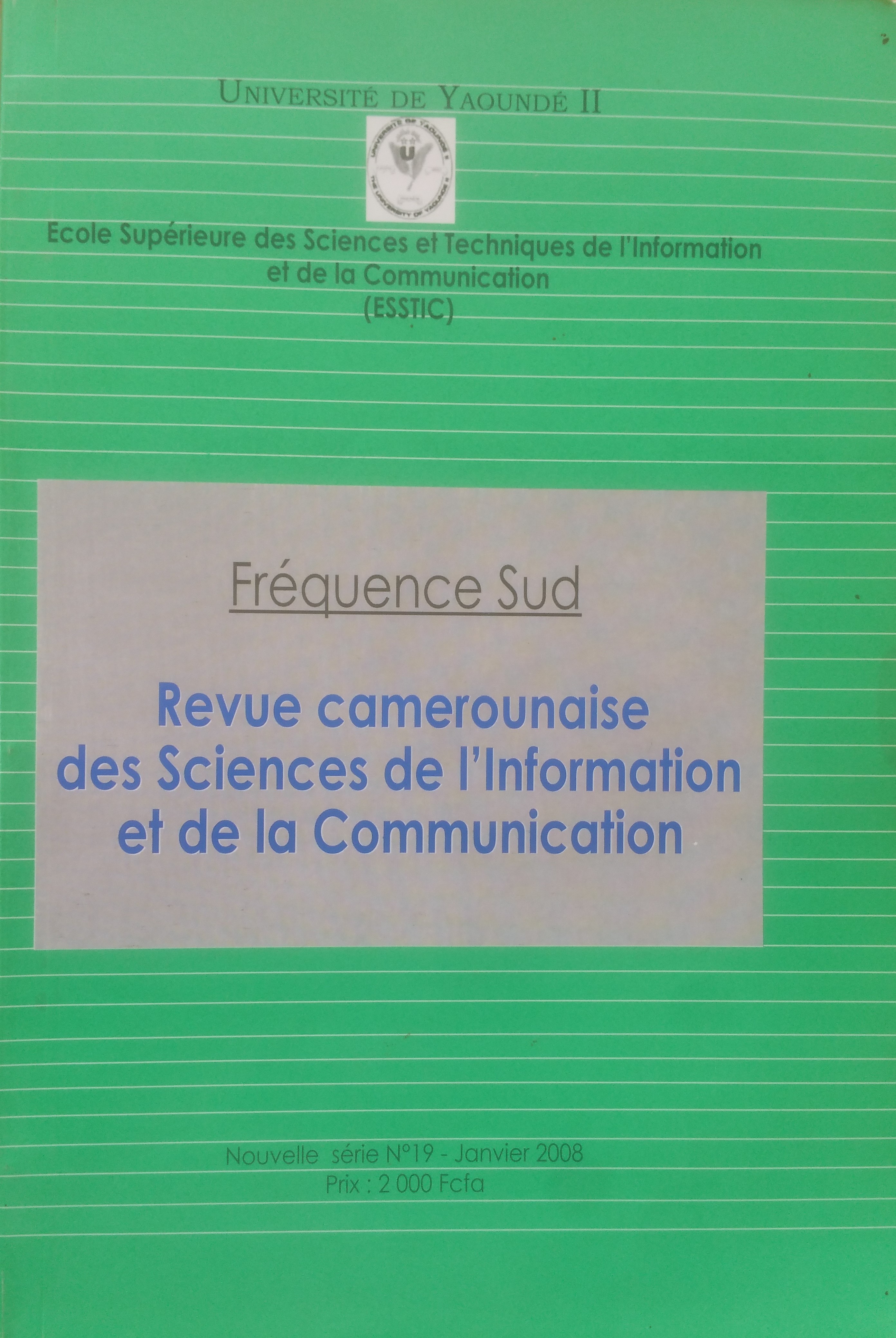ORGANISATION ET PRATIQUE DE LA GESTION COLLECTIVE DES DROITS D'AUTEUR ET DES DROITS VOISINS AU CAMEROUN
Résumé
RESUME
Le Cameroun a institué en 2000 un nouveau système de gestion collective des droits d’auteur et des droits voisins. Ce système est intervenu à la suite des échecs enregistrés par les régimes précédents. La mise en place du nouveau système a causé des remous entre les organismes de gestion collective nouvellement crées et les institutions de tutelle étatique.
L’auteur de l’article se pose la question de savoir si les normes juridiques nouvellement mises en place sont en faveur de la liberté d’action des sociétés civiles de gestion collective des droits d’auteur et des droits voisins. Il émet l’hypothèse selon laquelle ces normes tendent à accroitre les pouvoirs d’ingérence de l’État dans la gestion collective. Pour valider ou invalider cette hypothèse, il recherche dans l’expérience passées de gestion collective le rôle joué par l’État. Il recherche, en analysant les normes juridiques nouvelles, le rôle attribué à l’État dans la gestion collective.
Au bout du compte, il appert que la reforme instaurée en 2000 en matière de gestion collective des droits d’auteur et des droits voisins visait a accroitre les pouvoirs d’ingérence de l’État dans cette matière. A la pratique, cette ingérence a été poussés plus loin par la création par le ministre en charge de la culture d’une commission dite commission permanente de médiation et d contrôle dont, a l’analyse les fondements juridiques ne sont pas cohérents. D’où la nécessité d’y revenir, de leger ferenda.
ABSTRACT
In 2000, Cameroon instituted a new system of collective management of copyright and neighbouring rights. This system arose from failure encountered by former system. The advent of the new system generated a lot of controversies between institutions recently created and administrative supervision organs.
This article aims at questioning whether legal norms recently created favour the action carried out by the civil bodies of collective management of copyright and neighbouring rights. This study is based on the assumption that these norms tend to increasing power of the interference of the state in collective management in order to confirm or contradict this hypothesis, the author of this article seeks to investigate the extend of the involvement of the state in collective management in past experience. While analysing recent legal norms, he seeks to know the role played by the State in collective management.
The findings of this study reveal that the reform instituted in 2000 in the domain of collective management of copyright and neighbouring rights aimed at increasing the powers of the interference of the State. Practically, the interference has been materialized through the creation by the Minister in charge of culture a Commission know as Permanent Commission for Mediation and control. However, the legal foundations of this Commission are not coherent. Hence, it is worth revising these legal foundations in a further modification of the norms.


